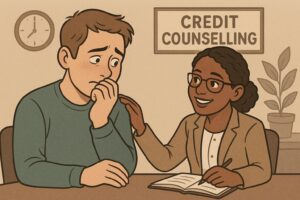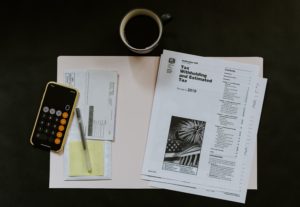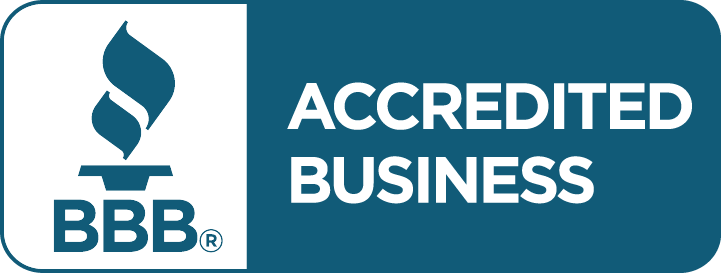Many people are faced with the dilemma of knowing they should be planning for retirement but are also in debt. Building up a healthy nest egg for when your working days are over definitely requires early planning, but no one wants to carry debt around any longer than necessary.
When unsecured debts are gnawing at you each and every day, it’s really easy to put off that retirement planning, but is it really the best course of action?
Why Saving for Retirement is Important
Retirement planning is important – so important, in fact, that many financial experts say you should continue on with your plans even if you’re in debt. The reasoning is time. You only have a certain number of working years to earn what you need to earn, and that number is only going to shrink. Furthermore, building a hefty retirement fund becomes a lot easier when you start young. Compound interest can do wonders for your bottom line, and simple mathematics that proves that the longer you save, the more money you’ll have.
If you’re young and in your 20s or early 30s, it’s probably a good idea to try and put something away each month into an RRSP so you can use time to your advantage and maximize your time. If you’re a bit older, you won’t have as much time on your side to grow your funds but putting something away is better than nothing. The upside of contributing to an RRSP is that you receive 30% of your contributions back at tax time, possibly giving you a nice tax refund that you can put towards debt.
Check That Interest
If you do have debts like credit cards, loans, and credit lines, it is a good idea to check out the interest rates before blindly deciding to continue saving. If you’re loaded up with high-interest loans, taking a temporary break from retirement planning might be a wise option. At the very least, you should talk to your creditors to see if you can shift them to lower interest options.
With some credit card companies charging as much as 30% interest on outstanding balances, and most savings accounts earning about 1% in interest, simple math suggests that your money is better spent if you pay off debt instead of contributing to a saving account. By resolving to pay off debt fast, the sooner you’ll be able to enjoy the mental clarity and financial freedom of being debt-free.
It’s Ultimately Up to You
There’s really no perfect answer that’s going to fit everyone’s life, which is probably why it’s called ‘personal’ finance. Take a good, honest look at your lifestyle, your situation and your personality, and try to determine the best solution for you.
If you think that you’re just going to run the debt up again or won’t be diligent about paying it down as fast as possible, then you have no choice but to keep saving for retirement. On the other hand, if you know that you’ll make every sacrifice to get it all paid as quickly as you can, then maybe taking a short break isn’t a horrible idea.
Get a Second Opinion
Trying to work it all out on your own can get a little overwhelming, so it might help to get a second opinion. A financial planner or credit counsellor can help you organize your thoughts and your finances. Then, you can follow the course of action that will take you into retirement debt-free and with the most money in your pocket.











